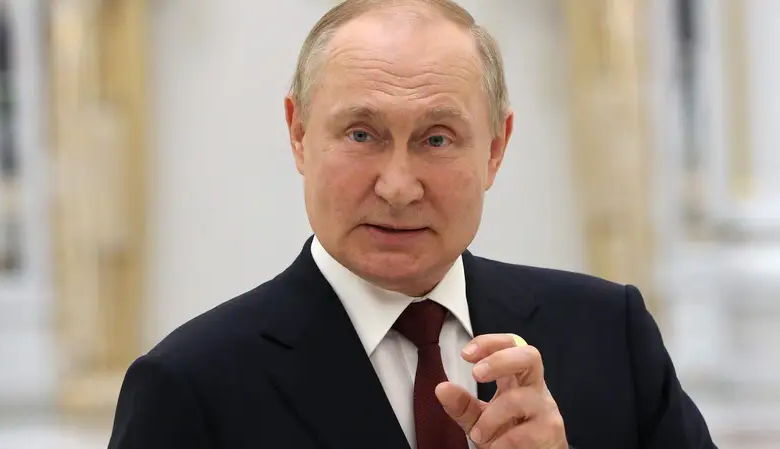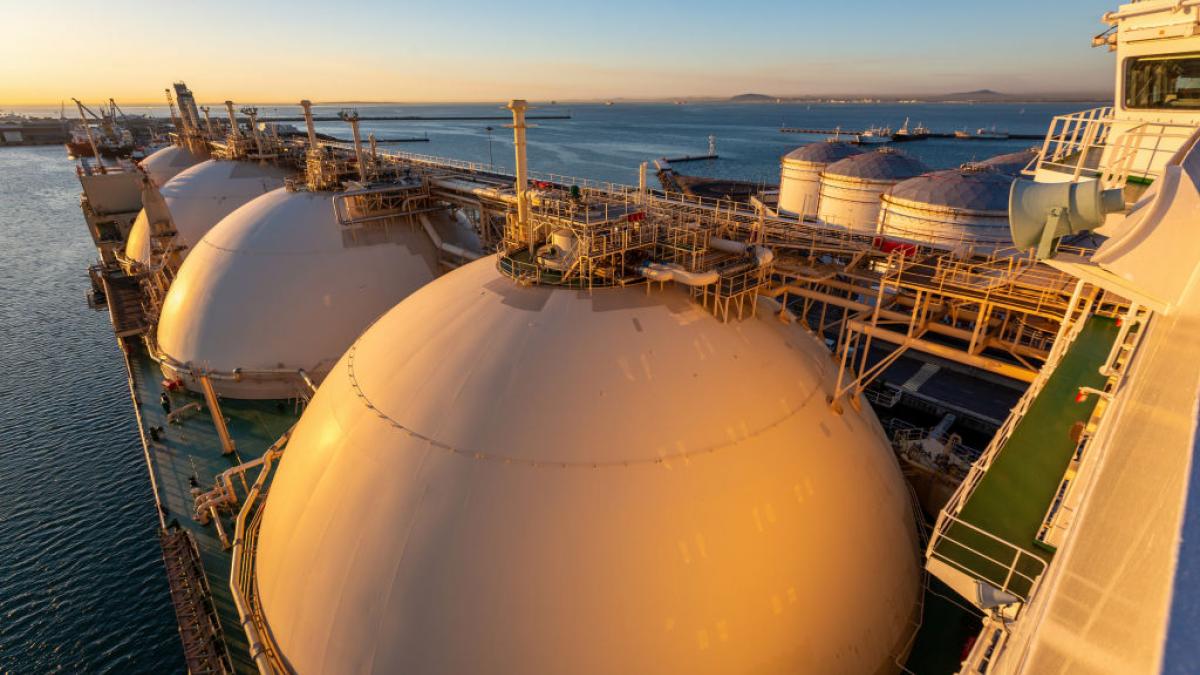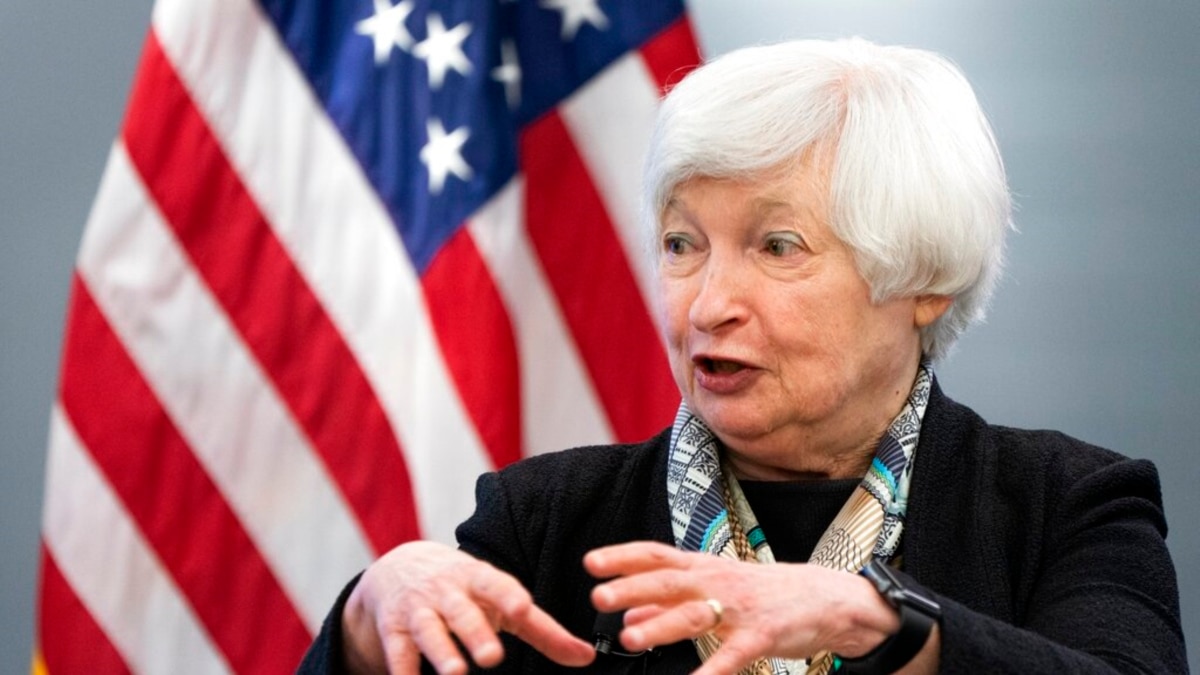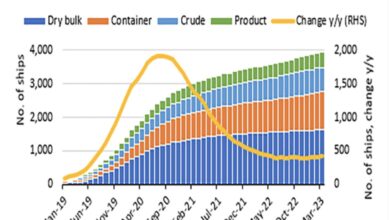
Welcome back, markets people. I’m Phil Rosen, and today we’re breaking down how Russia’s war on Ukraine continues to reorder energy markets. Business Insider reported an article
Business Insider confirms Moscow’s wartime gambit —from seeking new buyers to siphoning off supplies to former customers — has exacerbated a global energy shortage, and it’s worth taking a moment to retrace what’s happened so far.
Sure, gas prices in the US have dropped for more than 30 consecutive days, but don’t mistake the trees for the forest — energy markets are still incredibly tight.
Packed schedule today — let’s get right to it.
Sign up here to receive Insider’s full 10 Things Before the Opening Bell newsletter — directly in your inbox.
1. Energy markets have tracked Russian oil moves all year, as the war in Ukraine has impacted crude flows across the world and put downward pressure on supplies.
Moscow has sought out alternative customers since invading Ukraine and even launched new chartered ships to circumvent blocked routes.

Saudi Arabia, for example, has more than doubled its Russian oil imports in the second quarter, and Cuba emerged as a new buyer of the shunned supplies, too.
But Europe is facing the worst of the global energy crunch — the CEO of Shell said Europe may have to resort to rationing energy this winter. Germany especially is in crisis mode given its reliance on the Nord Stream 1 pipeline, which Moscow shuttered for maintenance last week.
Deutsche Bank forecasted that Germans could turn to wood as an alternative energy source, and utility giant Uniper, Europe’s biggest buyer of Russian gas, has had to tap into its winter emergency reserves.
The US has tried to prop up global supply with barrels from the Strategic Petroleum Reserve, and crude exports to Europe from January to May surpassed exports to Asia for the first time since 2016.

Treasury Secretary Janet Yellen had continued to push for a price cap on Russian oil, calling it “one of our most powerful tools” to alleviate the painful leaps in energy and food prices.
Ms. Yellen said at a news conference that imposing a price limit on Russian oil would not only reduce President Vladimir V. Putin’s ability to continue waging a brutal war in Ukraine and shrink the Russian economy but also lower global oil prices.
Russia could still export oil at a profitable price if there was a cap, she said, and maintain access to markets that have restricted imports of Russian energy as part of sanctions against Moscow. At the same time, consumers around the world, including in India and China, which have been buying more Russian crude, would get some relief at the gas pump and grocery store.
But Russia is now looking to launch its own national oil trading platform as a way to create a national benchmark akin to WTI or Brent, which would help it absorb the blow of sanctions.

In other news:
2. A recession is beginning now, and in a worst-case scenario, stocks could fall another 20%. BofA analysts said the stock market still can decline further and isn’t close to staging a recovery. They broke down how to know when things are turning around and determine when markets hit rock bottom.
3. This brokerage founder explained the different stock sectors investors should stick to and which ones to avoid. In an interview with Insider, Jason Trennert said he’s expecting a recession but that this downturn is different from others. Watch the full exclusive interview here.
4. Three Wall Street experts broke down what inflation surging to 9.1% means for Fed policy moving forward. Top market-watchers from BlackRock, Credit Suisse, and Global X dug into the implications of June’s hot CPI reading. Here’s where they think inflation and stocks are heading next.

5. Get ready for a summer of sales, as prices for everything from department store goods to high-end watches get deep discounts. Retail inventories are ballooning across the country because they have a backlog of pandemic-era products they need to offload. Here’s what you want to know.
This is a condensed version of Insider’s 10 Things Before the Opening Bell newsletter. To see items 6-10, sign up here to receive the full newsletter in your inbox.
Plus, Insider has a wide array of industry-specific newsletters — see them all here.
And keep up with the latest market news throughout your day by checking out The Refresh from Insider, a dynamic audio news brief from the Insider newsroom. Listen here.
This newsletter was curated by Phil Rosen. Thoughts or questions? Sound off in the comments section below.













